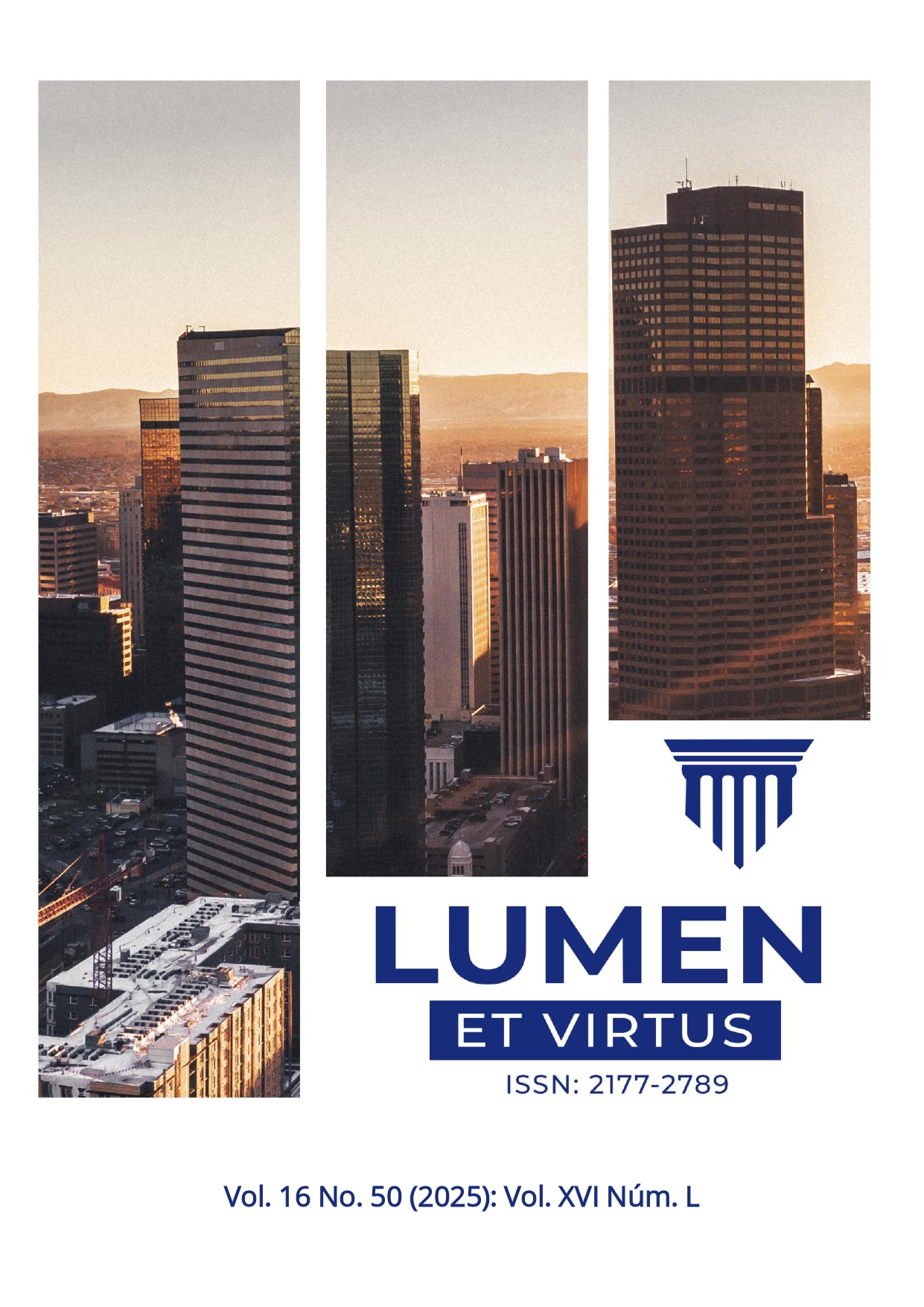POLÍTICAS PÚBLICAS DE EDUCAÇÃO ESPECIAL NO NORTE DO BRASIL: DESAFIOS, AVANÇOS E CONTRADIÇÕES NA PERSPECTIVA DA INCLUSÃO
DOI:
https://doi.org/10.56238/levv16n50-003Palavras-chave:
Educação Especial, Políticas Públicas, Inclusão, Região Norte, AcessibilidadeResumo
Este artigo analisa as políticas públicas de Educação Especial na Região Norte do Brasil, destacando seus marcos legais, avanços recentes, desafios persistentes e perspectivas para a consolidação de uma educação inclusiva. A pesquisa foi desenvolvida a partir de revisão bibliográfica e documental com foco em legislações nacionais, dados estatísticos do Censo Escolar e produções acadêmicas sobre a temática. Os resultados apontam que, apesar da existência de uma legislação robusta como a Lei de Diretrizes e Bases da Educação Nacional (LDB), a Política Nacional de Educação Especial na Perspectiva da Educação Inclusiva (2008) e o Plano Nacional de Educação (PNE), a realidade educacional na Amazônia Legal ainda está marcada por desigualdades estruturais, escassez de profissionais qualificados, fragilidade na infraestrutura escolar e dificuldades de acesso geográfico. Observa-se, entretanto, um crescimento gradual de matrículas em classes comuns, além da implementação de programas de formação docente e parcerias interinstitucionais que vêm fortalecendo práticas inclusivas em alguns municípios da região. Apesar dos progressos, persistem contradições entre o discurso político e a realidade vivida nas escolas, o que evidencia a necessidade de políticas territorializadas, intersetoriais e sustentáveis. Conclui-se que a consolidação da inclusão educacional na região norte depende do fortalecimento da formação continuada, do investimento em recursos de acessibilidade e da ampliação do diálogo entre comunidade, família, escola e Estado. O estudo reforça a importância de ações estruturantes e de pesquisas que considerem a diversidade e os contextos amazônicos como centrais no debate sobre inclusão.





